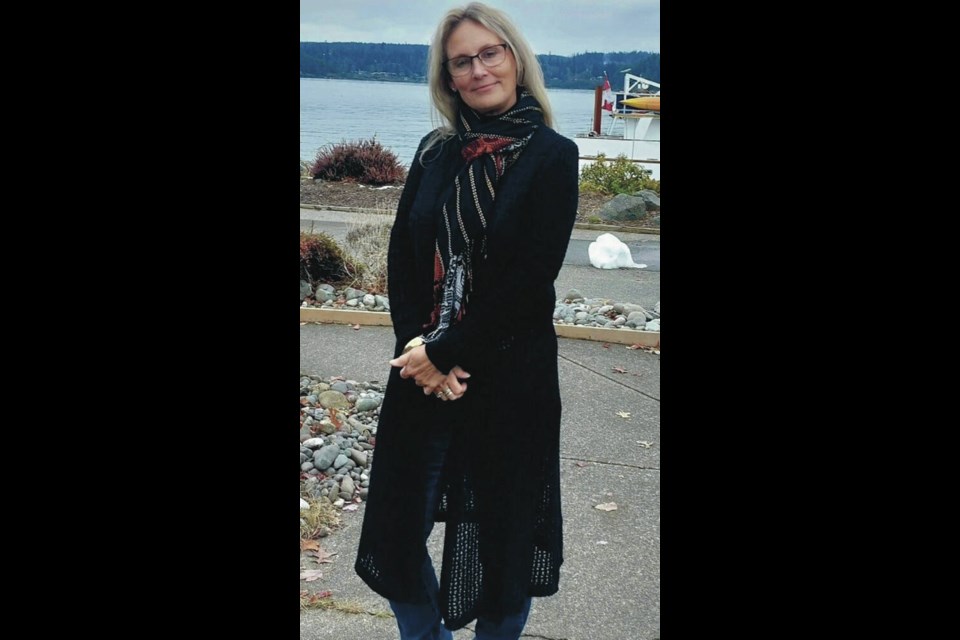The cumulative grief from losing two sons and a grandson sent Pam Rankel spiralling down a well of alcoholism, one she almost wasn’t able to crawl out of.
“My losses were just so huge that I couldn’t even breathe at times,” she said, “so I drank to take the edge off.”
But crawl out she did after five years and the recently turned 60-year-old is living a full and joyful life again.
She worked hard to heal and as part of that healing process, she donated one of her kidneys to Cole Derry, who’d had one previous, unsuccessful transplant.
“I’ve always wished I could have saved my own children, but I couldn’t. Maybe, though, I could save someone else’s,” Rankel said from her home in Campbell River.
She read about Derry’s plight early in 2022.
The same age as her surviving son, Derry has a rare blood type and a previous kidney and pancreas transplant two years earlier did not take. He almost died, the useless kidney was removed and he went on dialysis.
Rankel’s blood type was not a match, but when she read about Derry’s plight she felt she had to at least attempt to see whether she would be a match for an organ transplant.
A faint hope, but she was indeed a match and from March until the operations to remove her kidney and put it in Derry, she made regular pilgrimages to Vancouver General Hospital for tests and analysis.
“Cole had complications, we didn’t know if he was going to get better, but finally he did. It took awhile but they got him healthy enough, I got the call and headed to VGH.”
The successful surgery was performed by Dr. Dave Harriman on Nov. 21. Derry is recuperating at VGH until he’s healthy enough to return home to Lumby, east of Vernon. Because he’s been unable to work for so long, a GoFundMe page has been set up for him.
Rankel’s altruism highlights the need for living donors in British Columbia.
Living donors don’t only speed up wait times for patients awaiting transplants, but transplant outcomes are generally better with kidneys from live donors over those from deceased donors, according to B.C. Transplant.
Often a donor is a relative, but doesn’t have to be. The process, administered through VGH and St. Paul’s Hospital, involves a prescreening, lab and diagnostic studies, evaluation and medical imaging by a transplant team and, if all has gone well, surgery and recovery.
There have been 68 living kidney donors in B.C. this year as of Dec. 1, while the number of people awaiting a kidney transplant in the province is 424.
Abbie Webb is one of those waiting.
The 19-year-old was on her way back to the Lower Mainland from a family trip on the August long weekend and felt a “little off.”
She headed to work the next day to her job in child care, and wound up in hospital. A week later she was on dialysis and has suffered sepsis (twice), seizures, COVID and almost too many blood/platelet transfusions to count.
“I spent three months feeling horrible in ways I had never felt in my life,” she said.
Webb feels most people probably aren’t even aware there is a living donor program. And while she waits for a donor, Webb also stresses the importance of donating blood.
“I mean, 17 blood transfusions,” her mom Tracy added. “Blood and platelet transfusions have kept Abbie alive. So someone might not be able to donate a kidney, but donating blood is just as important.”
Rankel, who phones Cole Derry every day to see how he’s doing, hopes through increased public awareness more lives can be saved.
“I don’t think most people are aware they can donate a kidney and still live a very full life,” she said. “We only need one.”
>>> To comment on this article, write a letter to the editor: [email protected]



